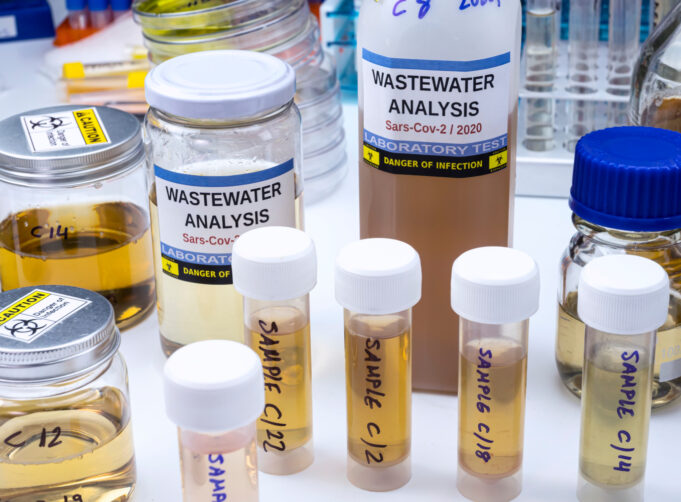The recent declaration of monkeypox (mpox) as a public health emergency by the WHO highlights the importance of proactive disease surveillance. Here in the US, the Centers for Disease Control and Prevention (CDC) is leveraging a powerful tool: wastewater surveillance.
Wastewater surveillance has many advantages as a public health tool, including:
- Early Detection: Mpox can be detected in wastewater before people show symptoms. This allows healthcare systems to prepare for any potential surge in cases.
- National Coverage: The CDC’s National Wastewater Surveillance System (NWSS) covers all 50 states, providing a nationwide picture of mpox trends.
- Fast Turnaround: Results from wastewater testing can be available in just 5-7 days, offering valuable real-time data.
- Community-Level Insights: Testing a single treatment plant can reveal disease trends for the surrounding population.
- Variant Detection: Wastewater analysis can also identify different mpox variants, allowing for targeted interventions.
What This Means for You:
- Wastewater surveillance complements traditional disease tracking methods. By collaborating with public health officials, water treatment plants can play a vital role in early detection and response to mpox outbreaks.
- Investing in robust wastewater testing capabilities can provide valuable data for your community’s health department.
- This technology can be adapted to monitor other emerging public health threats.
While the current data shows minimal mpox detection across the US, continued vigilance is crucial. Water treatment professionals can advocate for increased funding and resources for wastewater surveillance programs, and sharing best practices for data analysis and collaboration with public health officials can strengthen overall disease surveillance efforts.
By staying informed and collaborating with public health professionals, water treatment professionals can be at the forefront of safeguarding public health.
SOURCES: WHO, CDC, Wastewater Digest





